
Join 10k+ people to get notified about new posts, news and tips.
Do not worry we don't spam!
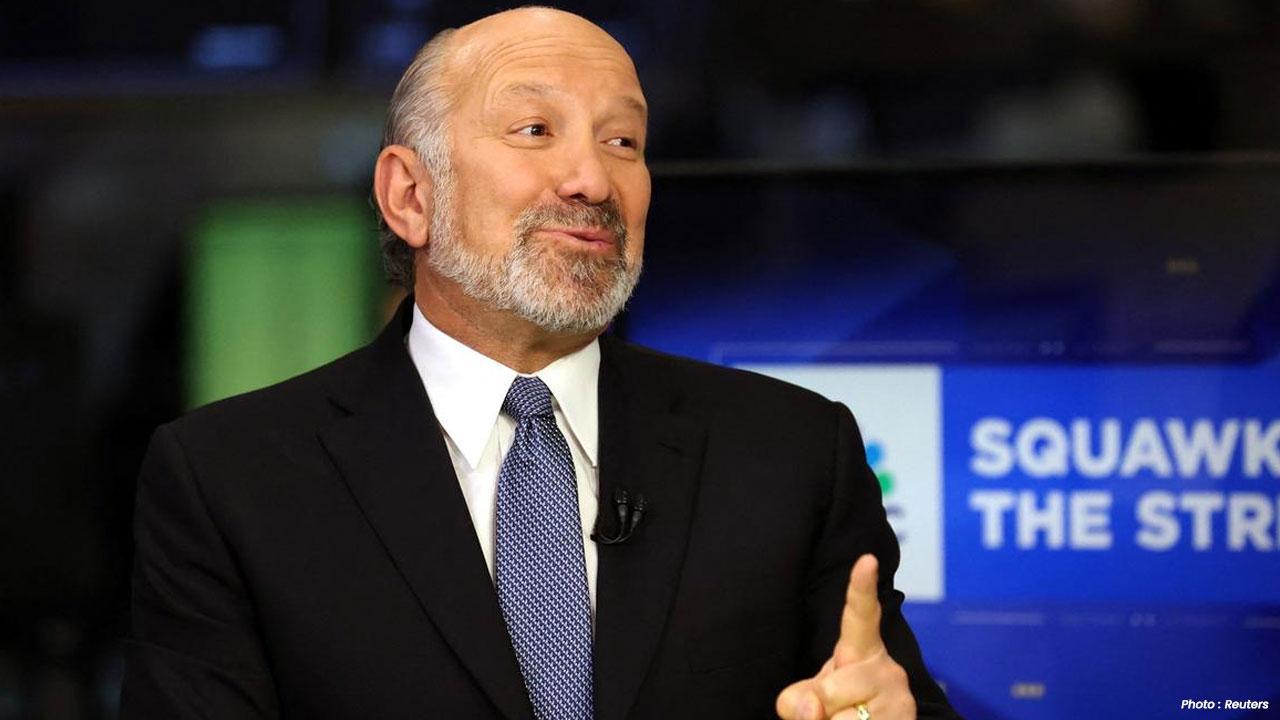
Post by : Raman
The trade relationship between India and the United States has entered a tense phase yet again, even before formal negotiations could fully resume. This time, the focus is on agricultural imports, particularly corn from the United States, with Washington applying pressure on New Delhi to lower tariffs and increase purchases. The controversy comes amid broader economic and political dynamics between the two nations, highlighting the delicate balance of international trade and diplomacy.
US Pressure on India
Howard Lutnick, the United States Commerce Secretary, recently made statements in an interview with Axios, claiming that India could face a “tough time” if it refuses to buy American-grown corn. Lutnick emphasized that the India-US trade relationship, as seen from the U.S. perspective, has been one-sided. According to him, India exports goods to the U.S. while limiting American access to its own markets through tariffs.
In his interview, Lutnick said, “They sell to us and take advantage of us. They block us from their economy, and they sell to us while we are wide open for them to come in and take advantage.” He questioned why a country with a population of 1.4 billion people, like India, does not purchase even a small amount of U.S. corn. He argued that the tariffs India imposes on American goods are unfair, and this situation, according to him, needs to be corrected.
Lutnick also highlighted that President Donald Trump has explicitly asked India to “bring down your tariffs, treat us the way we treat you.” The U.S. officials, therefore, appear to be pushing India for concessions in agricultural imports as a top priority in the ongoing trade discussions. Lutnick warned that if India does not comply, it could face challenges in doing business with the U.S., which he described as “the world’s greatest consumer.”
Trump’s Tariffs on India
This development comes in the context of previously imposed U.S. tariffs on Indian goods. During Trump’s first term, the U.S.-India trade relationship had grown stronger, but Trump doubled tariffs on Indian imports to 50 percent, particularly targeting items such as steel, aluminum, and various other products. This step raised concerns in India about the future of its economic relations with the United States.
The U.S. tariffs also extended to India’s oil imports, including Russian crude oil, which India purchases at a discounted rate. Washington argued that buying Russian oil indirectly funds the war in Ukraine, a claim that India has firmly denied. Indian officials have maintained that energy procurement decisions are based on national interest, market pricing, and availability, rather than political considerations.
Despite these tensions, Trump’s administration expressed interest in negotiating a trade deal with India. Last week, reports indicated that Trump and his top officials were preparing to resume discussions, aiming to address barriers to trade and secure agreements that could benefit American producers, particularly farmers.
Why the U.S. Is Pushing Corn Imports
The focus on corn is not arbitrary. American agricultural groups have reported that U.S. farmers are experiencing economic stress this year. One of the primary reasons is the trade war between the United States and China, which began in 2018 and has caused disruptions in the purchase of American agricultural goods.
China, being a major buyer of U.S. crops, significantly reduced its orders due to the trade tensions. This reduction has left American farmers with surplus crops and declining incomes. The number of small business bankruptcies, particularly in the farming sector, has reached a five-year high, according to data compiled by Bloomberg.
While the United States and China continue to negotiate trade terms, Washington is seeking new markets for American agricultural products. India, with its large population and growing consumption capacity, represents a potential market for U.S. farmers. By pushing India to purchase corn, the U.S. aims to provide relief to its agricultural sector and secure political support from farming communities at home, which are a crucial part of Trump’s voter base.
India’s Response and Position
India has described the U.S. demands and tariffs as “unfair, unjustified, and unreasonable.” Indian officials have made it clear that trade decisions, including purchasing agricultural goods like corn, are driven by national interest and market conditions rather than political pressure.
While India exports a wide range of goods to the United States, including pharmaceuticals, textiles, and technology products, American demands for specific imports are seen as an attempt to influence India’s domestic economic policies. India maintains a strategic approach to trade negotiations, aiming to balance its economic interests with its diplomatic relations with the United States.
Prime Minister Narendra Modi and the Indian government have historically emphasized self-reliance in trade while promoting exports. India’s trade policy reflects a careful mix of protecting domestic industries and engaging with global markets. The U.S. pressure on India to import corn challenges this approach, as Indian agricultural and market priorities may not align with American demands.
Trade Talks and Future Outlook
Despite the U.S. pressure, there are signs of a thaw in relations. Reports suggest that U.S. trade negotiators are scheduled to visit New Delhi to discuss the next steps in bilateral trade talks. The goal is to find common ground while addressing concerns from both sides.
Trump himself has taken a softer tone recently, expressing optimism about finalizing a trade deal with India. Both leaders, Modi and Trump, have conveyed mutual goodwill, which could pave the way for more constructive dialogue.
However, the issue of corn imports and tariff reductions remains sensitive. India is unlikely to make unilateral concessions under pressure. The negotiations are expected to be complex, with multiple rounds of discussions to balance economic and political priorities.
Impact on India-US Relations
The corn dispute reflects broader challenges in India-U.S. relations, where economic interests, domestic politics, and strategic considerations intersect. While both countries share common goals in defense, technology, and regional security, trade disagreements can create friction.
For India, maintaining sovereignty over trade decisions is crucial. Yielding to external pressure on imports could set a precedent that may affect future negotiations on other goods and services. For the United States, securing markets for American farmers is politically significant, especially in election years when agricultural constituencies play an important role.
The ongoing tensions over corn imports underscore the delicate nature of international trade relations. While the U.S. seeks to open new markets and secure advantages for its farmers, India is determined to protect its domestic economy and trade policies. The coming weeks will be crucial as both sides engage in negotiations, trying to strike a balance between diplomacy, economic interest, and political pressure.
The India-U.S. trade dispute over corn imports is more than just a question of agricultural sales. It highlights the challenges of global trade in an interconnected world, where domestic interests, foreign policy, and market dynamics often collide. Both countries are likely to continue negotiations with caution, aiming to find solutions that respect national priorities while fostering economic cooperation.
As talks progress, the international community will closely watch how India and the U.S. manage these disagreements, as the outcome could set a precedent for future trade interactions and influence global economic trends.
India US trade, US corn exports, India tariffs, Trump trade policy, India US relations, American farmers
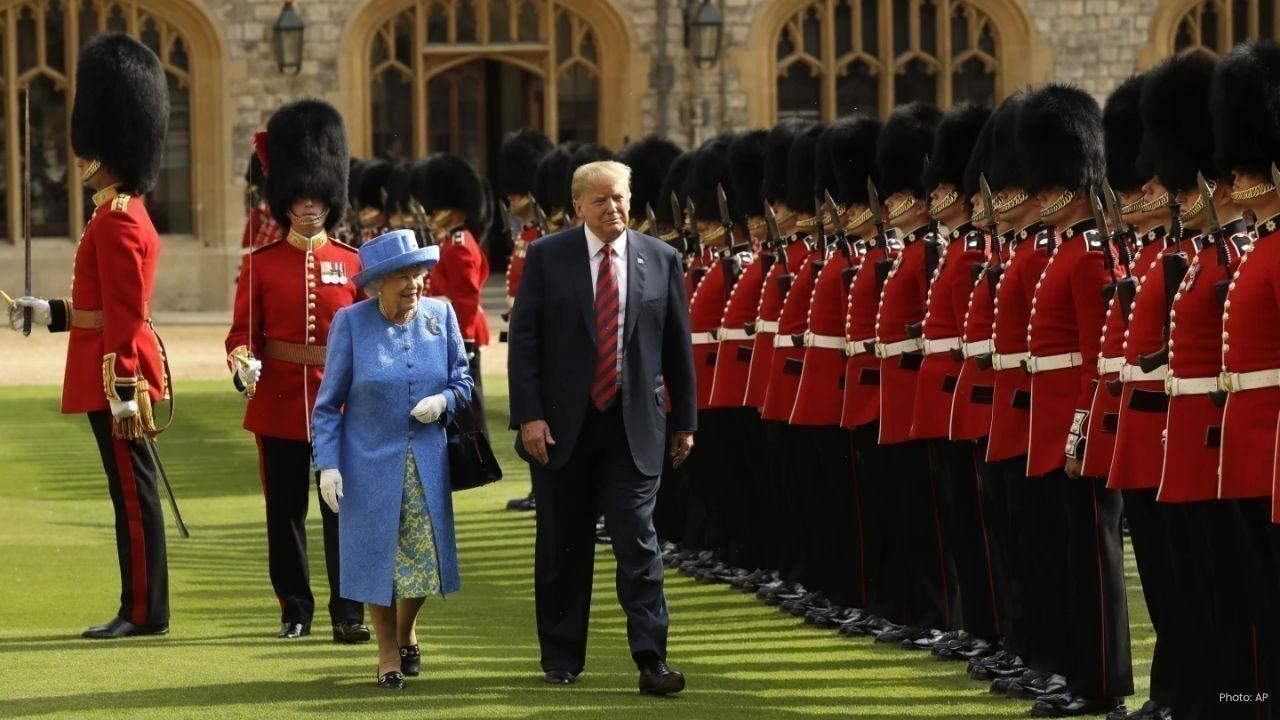

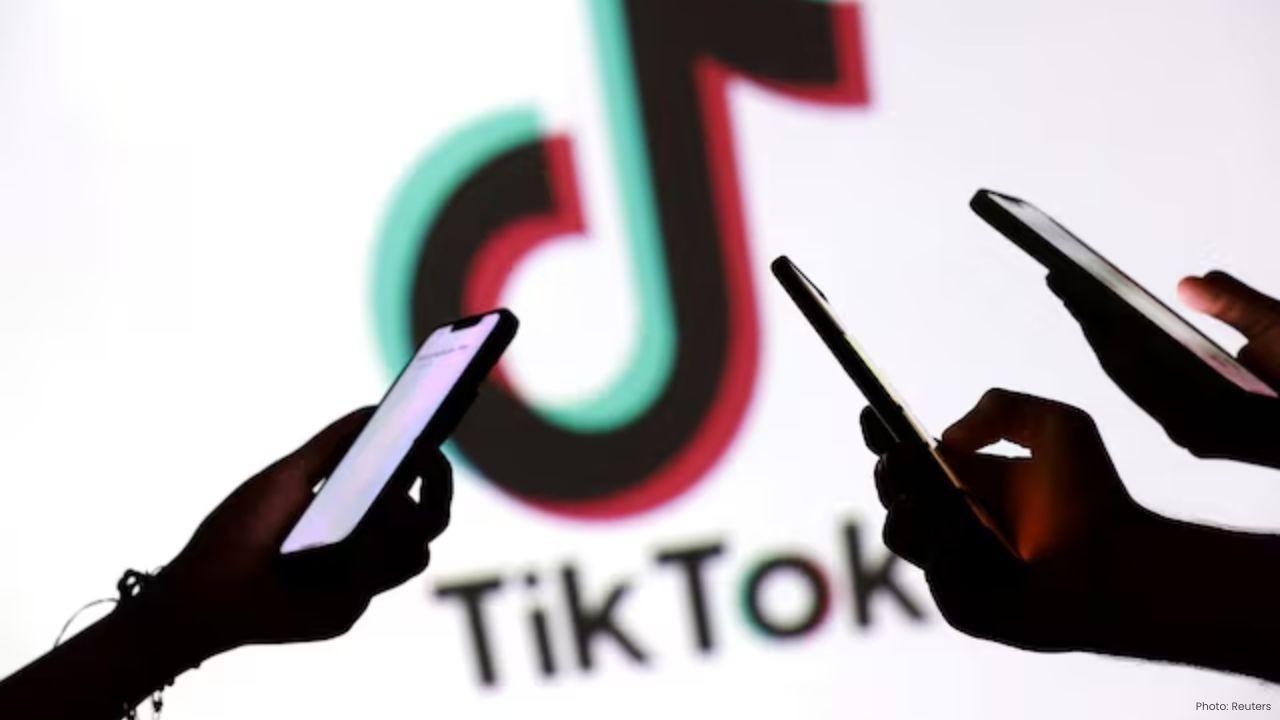
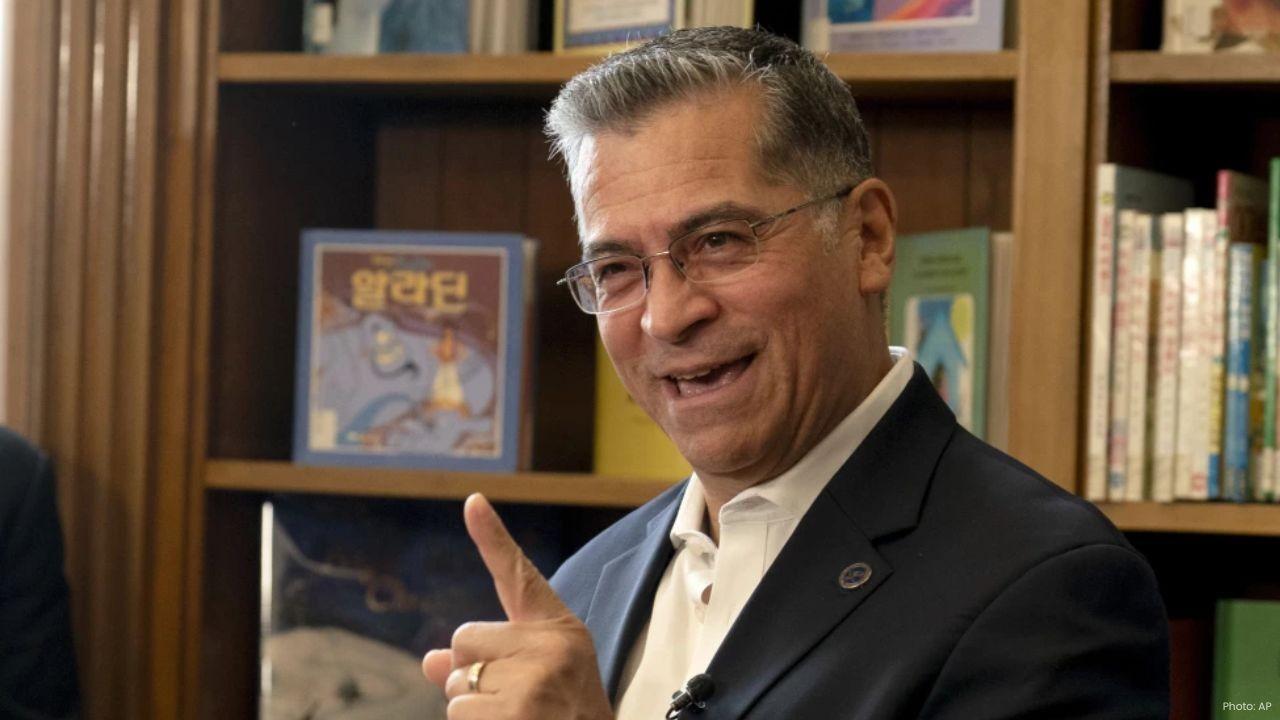






Lily Collins Shines in Glamorous Calvin Klein Look at New York Fashion Week
Lily Collins stuns at NY Fashion Week in a sparkling Calvin Klein co-ord set, blending elegance, gla

Lippo Di Carrara wins UAE President’s Cup Derby at Doncaster
Lippo De Carrere shines at Doncaster, winning the UAE President’s Cup UK Arabian Derby, the richest

Jaismine Lamboria Wins World Boxing Gold for India
India’s Jaismine Lamboria claimed World Boxing gold, while Nupur Sheoran earned silver and Pooja Ran

Sri Lanka beat Bangladesh by 6 wickets in Asia Cup 2025 opener
Sri Lanka started their Asia Cup 2025 campaign with a six-wicket win over Bangladesh, powered by Nis
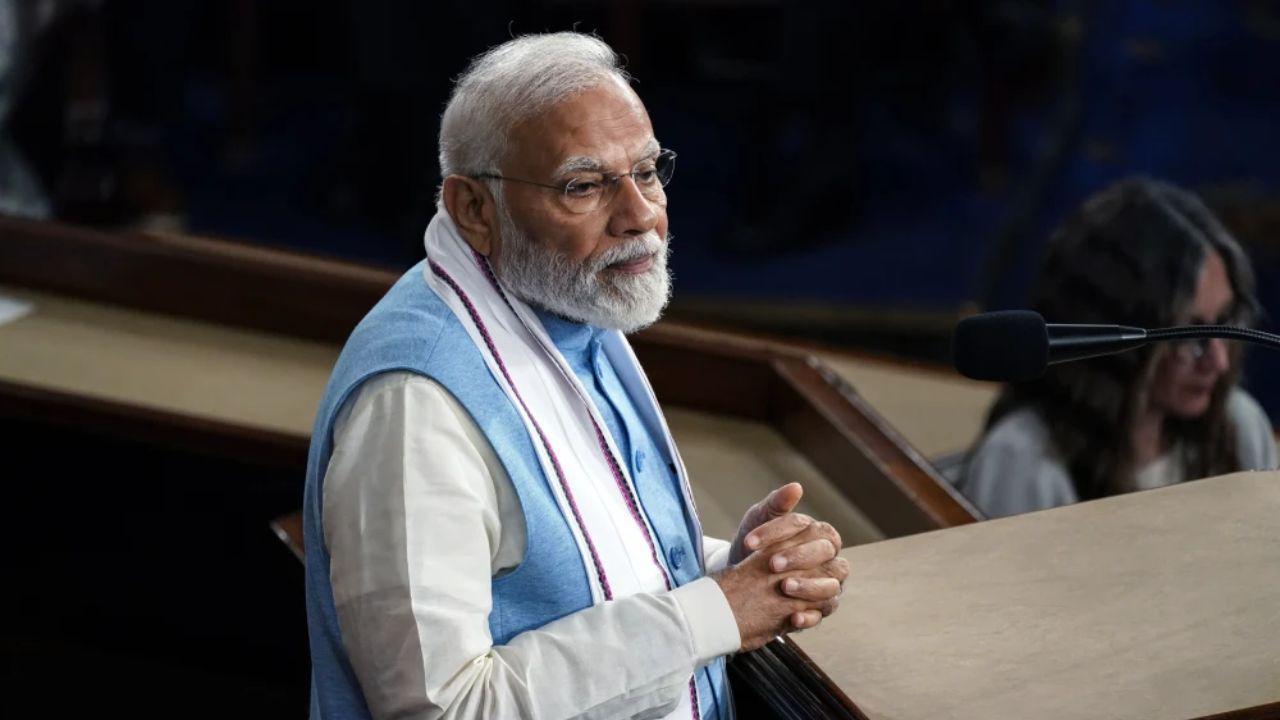
PM Modi Lays ₹6,300 Crore Projects in Assam Criticizes Congress
PM Modi accuses Congress of backing infiltrators, lays ₹6,300 crore health and infrastructure projec
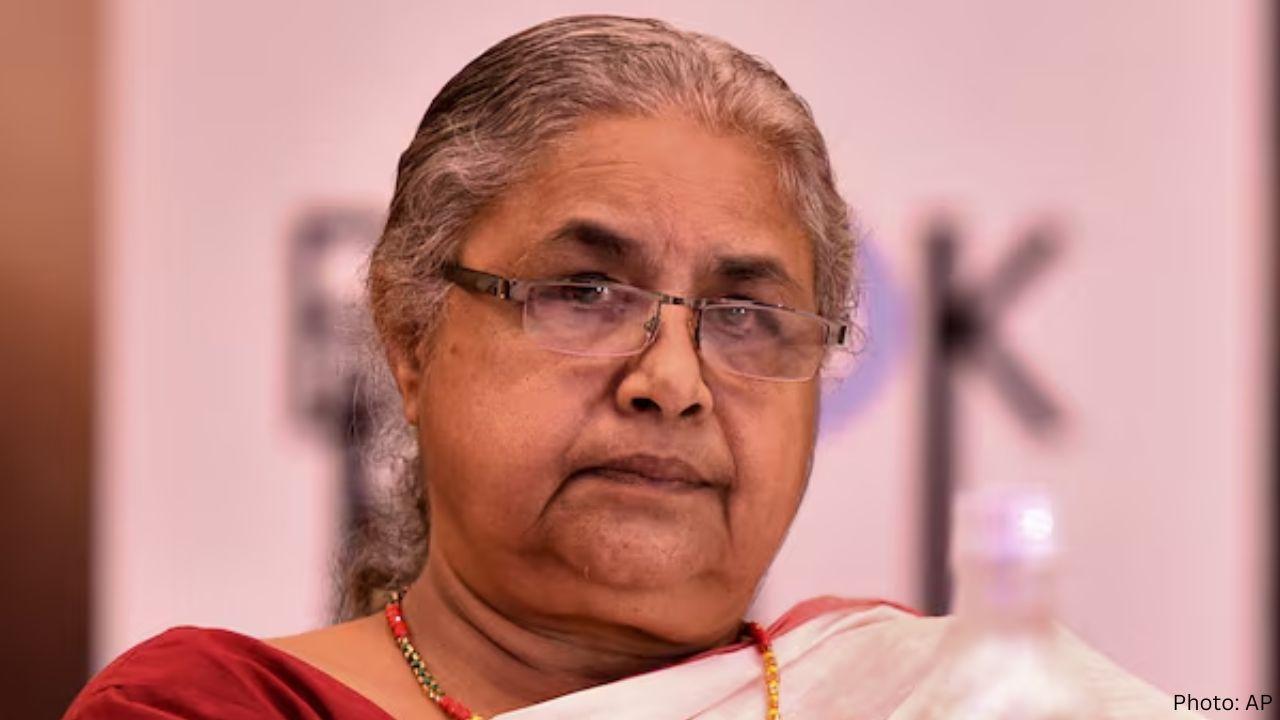
Sushila Karki Becomes Nepal’s First Woman Prime Minister
Eminent jurist Sushila Karki, 73, becomes Nepal’s first woman prime minister after Gen Z protests to